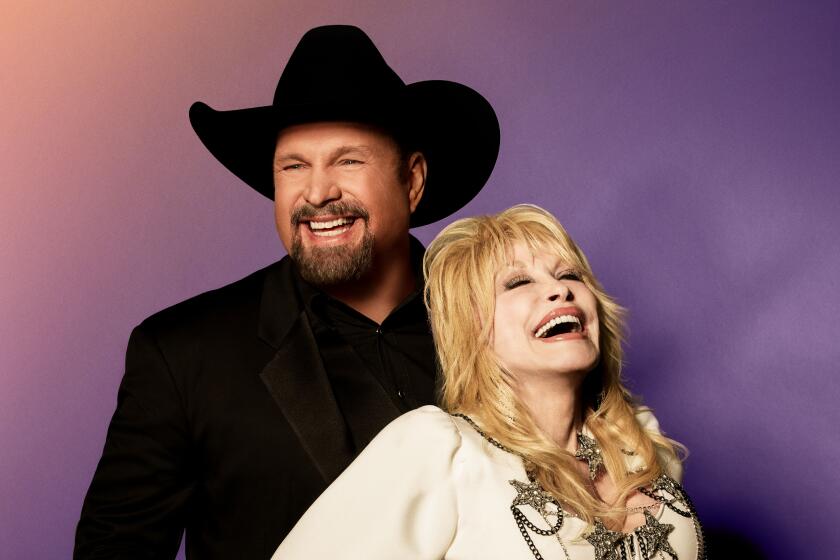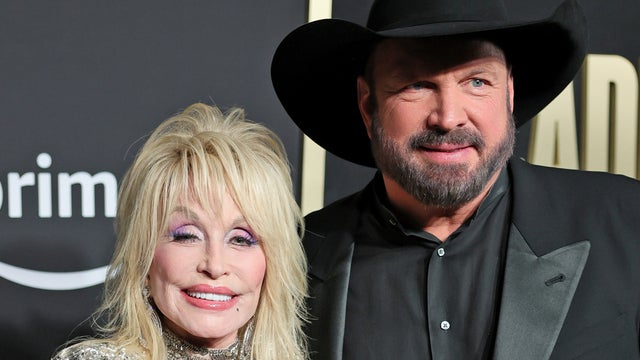In a statement that has sent shockwaves through the entertainment world and beyond, country music legend Reba McEntire has made headlines with her controversial remark regarding drag queens and their presence around children. The outspoken comment has ignited a heated debate across social media platforms and news outlets, polarizing opinions and fueling a national conversation about inclusivity, freedom of expression, and the role of drag culture in society.
During a recent interview, McEntire voiced her strong opinions on the role of drag queens in environments where children are present. “Drag queens don’t belong in the presence of our kids,” McEntire declared, emphasizing her belief that such performances and interactions should be kept separate from young audiences. Her statement, delivered with the conviction that has long characterized her public persona, has been met with a storm of responses from both supporters and critics.
\McEntire’s remarks reflect a broader debate about the visibility of drag culture and LGBTQ+ representation in family-oriented settings. Her comment taps into a contentious issue: the boundaries of acceptable public performance and the protection of children from content deemed inappropriate by some segments of society.
The reaction to McEntire’s statement has been swift and polarized. On one side, supporters of McEntire argue that her perspective reflects a traditional view of family values and child protection. They believe that her comments address legitimate concerns about the appropriateness of certain performances for younger audiences and advocate for parental discretion in what children are exposed to.
However, critics have vehemently opposed McEntire’s stance, accusing her of contributing to harmful stereotypes and fostering an environment of exclusion. Many view her comments as a rejection of the LGBTQ+ community and a denial of the positive impact that drag culture can have in promoting diversity and acceptance. They argue that drag performances, often celebrated for their creativity and self-expression, should not be unfairly stigmatized or excluded from spaces where children are present.
Prominent figures in the LGBTQ+ community and allies have spoken out against McEntire’s remarks, arguing that her viewpoint undermines efforts to create inclusive environments for all individuals, regardless of their gender identity or sexual orientation. They assert that drag queens, like any performers, can contribute positively to children’s understanding of diversity and self-expression when approached with sensitivity and context.

The Broader Context
McEntire’s statement occurs against a backdrop of increasing visibility for drag culture and LGBTQ+ issues in mainstream media and entertainment. Drag queens have become prominent figures in popular culture, with performances ranging from theatrical shows to family-friendly events. The inclusion of drag queens in such settings is often seen as a step toward greater acceptance and celebration of diversity.
The debate surrounding McEntire’s comments highlights a cultural clash between traditional values and evolving societal norms. It raises important questions about the boundaries of artistic expression, the role of public figures in shaping discourse, and the responsibilities of parents and educators in guiding children’s exposure to diverse forms of entertainment..
Reactions from the Entertainment Industry
In the wake of McEntire’s comments, reactions from the entertainment industry have been diverse. Some colleagues and industry insiders have expressed support for McEntire, citing her long-standing reputation and personal beliefs. Others have distanced themselves from her views, emphasizing the importance of inclusivity and the need to challenge outdated attitudes.
The controversy has sparked discussions about the role of public figures in influencing cultural norms and the impact of their statements on broader social issues. As the debate continues, industry professionals and fans alike are grappling with the implications of McEntire’s remarks and their potential effects on future interactions between drag culture and mainstream media.
The ongoing discussion surrounding McEntire’s statement underscores the complex and often contentious nature of public discourse about drag culture and LGBTQ+ representation. As society continues to navigate these issues, it will be crucial for conversations to focus on understanding different perspectives and finding common ground.
The impact of McEntire’s comments will likely extend beyond the immediate controversy, influencing how drag performances and LGBTQ+ issues are addressed in public and media spaces. The debate serves as a reminder of the power of public figures to shape conversations and the responsibility that comes with their influence.
Conclusion: A Divisive Moment
Reba McEntire’s declaration that “drag queens don’t belong in the presence of our kids” has undeniably stirred a significant debate across various sectors of society. Her comments reflect a deep-seated divide in attitudes towards drag culture and LGBTQ+ representation, sparking a broader conversation about inclusivity, artistic expression, and the role of public figures in shaping cultural norms.
As the discussion unfolds, it will be essential for all parties involved to engage in thoughtful dialogue and consider the diverse perspectives at play. Whether one views McEntire’s statement as a principled stance on family values or as a setback for inclusivity, it is clear that this moment represents a critical juncture in the ongoing discourse about diversity and representation in modern society.

By speaking out, Reba is standing up for what she believes is best for the next generation, and her fans are applauding her for it.